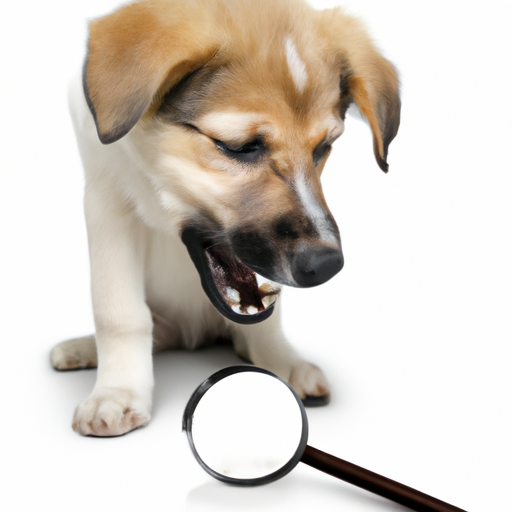As a caregiver, it’s natural to dote on your furry little friend and shower them with all the love and attention they deserve. In doing so, you might have noticed your puppy losing teeth and wondered, “Do puppies teeth fall out?” This comprehensive guide will answer your questions and provide you with all the information you need about your puppy’s teething process.
1. Puppy Teething Timeline
Just as with human babies, puppies also go through a teething phase. Here is a simplified timeline to help you understand the phases your puppy might undergo:
| Age in Weeks | Teething Stage |
|---|---|
| 2-4 weeks | Milk teeth appear |
| 3-6 weeks | Baby teeth fully grown |
| 12-16 weeks | Baby teeth start falling out |
| 16-28 weeks | Adult teeth start growing |
| 28-32 weeks | All adult teeth are in |
2. Understanding Baby Teeth in Puppies
Puppies are typically born toothless. Around 2-4 weeks of age, their baby teeth or “milk teeth” start to appear. A puppy will have about 28 baby teeth in total. These teeth are sharp and can be a bit troublesome for you as a caregiver, especially during playtime. Remember, these teeth are temporary and are meant to make way for permanent adult teeth.
3. Why Do Puppies Lose Their Teeth?
Around 12-16 weeks of age, your puppy’s baby teeth will start to fall out to make room for adult teeth. This is a natural process and nothing to worry about. However, it can be uncomfortable for your puppy, who might chew more often to alleviate the discomfort.
4. Recognizing the Signs of Teething
Your puppy might exhibit the following signs during the teething process:
- Increased chewing
- Drooling and dribbling
- Missing teeth
- Bleeding gums
- Irritability
5. How to Care for Your Teething Puppy?
Helping your puppy through the teething process requires patience and understanding. Here are a few tips:
-
Provide Chewing Toys: Chew toys can provide relief from teething discomfort. Ensure the toys are appropriate for your puppy’s size and chewing capability.
-
Maintain Dental Hygiene: Brush your puppy’s teeth regularly to prevent dental problems. Use a toothpaste specifically designed for dogs.
-
Consult a Vet: Regular vet check-ups will ensure that your puppy’s teething process is progressing normally.
6. What to Avoid During Your Puppy’s Teething Process?
While your puppy is teething, it’s important to be aware of things that might harm them. Avoid the following:
- Hard bones or toys that could damage their teeth
- Scolding them for increased chewing
- Ignoring signs of severe discomfort or pain
7. When Should You Consult a Vet?
If your puppy shows any of the following symptoms, it’s time to consult a vet:
- Persistent baby teeth
- Swollen, red, or bleeding gums
- Difficulty eating
- Lack of interest in chew toys
8. Frequently Asked Questions
Q: At what age do puppies lose their teeth?
A: Puppies typically start losing their baby teeth around 12-16 weeks of age.
Q: How long does the teething process last?
A: The teething process usually lasts until your puppy is about six months old, when all the adult teeth should be in.
Q: What should I do if my puppy swallowed a lost tooth?
A: It’s quite common for puppies to swallow their lost teeth, and it’s usually not a cause for concern. However, if you notice any signs of discomfort or abnormal behavior, consult your vet.
Q: Should I brush my puppy’s teeth during teething?
A: Yes, maintaining dental hygiene is important during the teething process. Use a toothbrush and toothpaste designed for dogs.
Remember, being a caregiver to a puppy can be a challenge, but it’s one filled with joy and rewards as you watch your fur baby grow. Understanding their teething process and knowing how to help will ensure you both navigate this phase smoothly.



